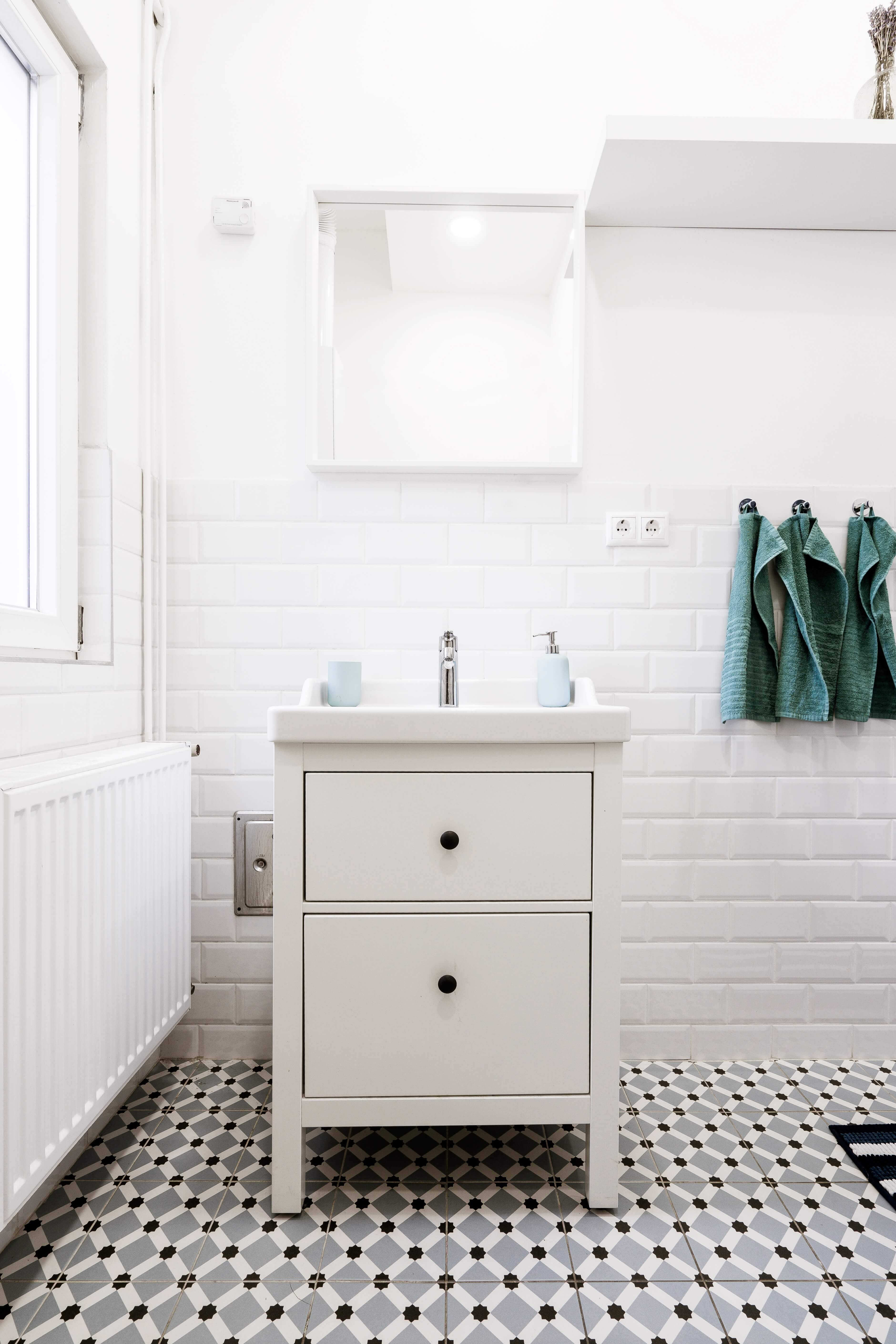If you’re considering renovating your bathroom, are building a new one, or just need to elevate your existing space in some small way, swapping your dingy tile countertop for an engineered stone bathroom countertop is an easy way to bring some heightened luxury and warmth to the space. Stone countertops are incredibly durable and (when cared for properly) can last for decades. They’re also elegant and a big value-add (many buyers look for them). And while you have a lot of choices when it comes to engineered stone countertops, for the bathroom, quartz should really be your first choice. Here are five reasons why quartz is the smartest option for a bathroom countertop.

Quartz is highly durable
Wait a minute… quartz is found naturally-occurring, right? So why isn’t it considered a “natural stone countertop” material? While it is true that you can buy natural quartz stone countertops, they’re rare: most often when you shop for quartz countertops, why you’re seeing is really an engineered composite stone made up of small particles of a variety of stones (granite, marble, and yes, quartz). What holds all of those individual particles together is a strong polymer resin, and that polymer resin makes the countertop incredibly sturdy. Where natural stones like soapstone or sandstone can chip or flake over time, quartz never will: it is engineered to be about as solid as they come. Like many stone countertops, quartz CAN be damaged by direct contact with high heat, but that’s a much larger concern when you’re talking kitchen countertops. As long as hot pots and pans are kept out of your bathroom (odds are they will be), your quartz bathroom countertops will be just fine.
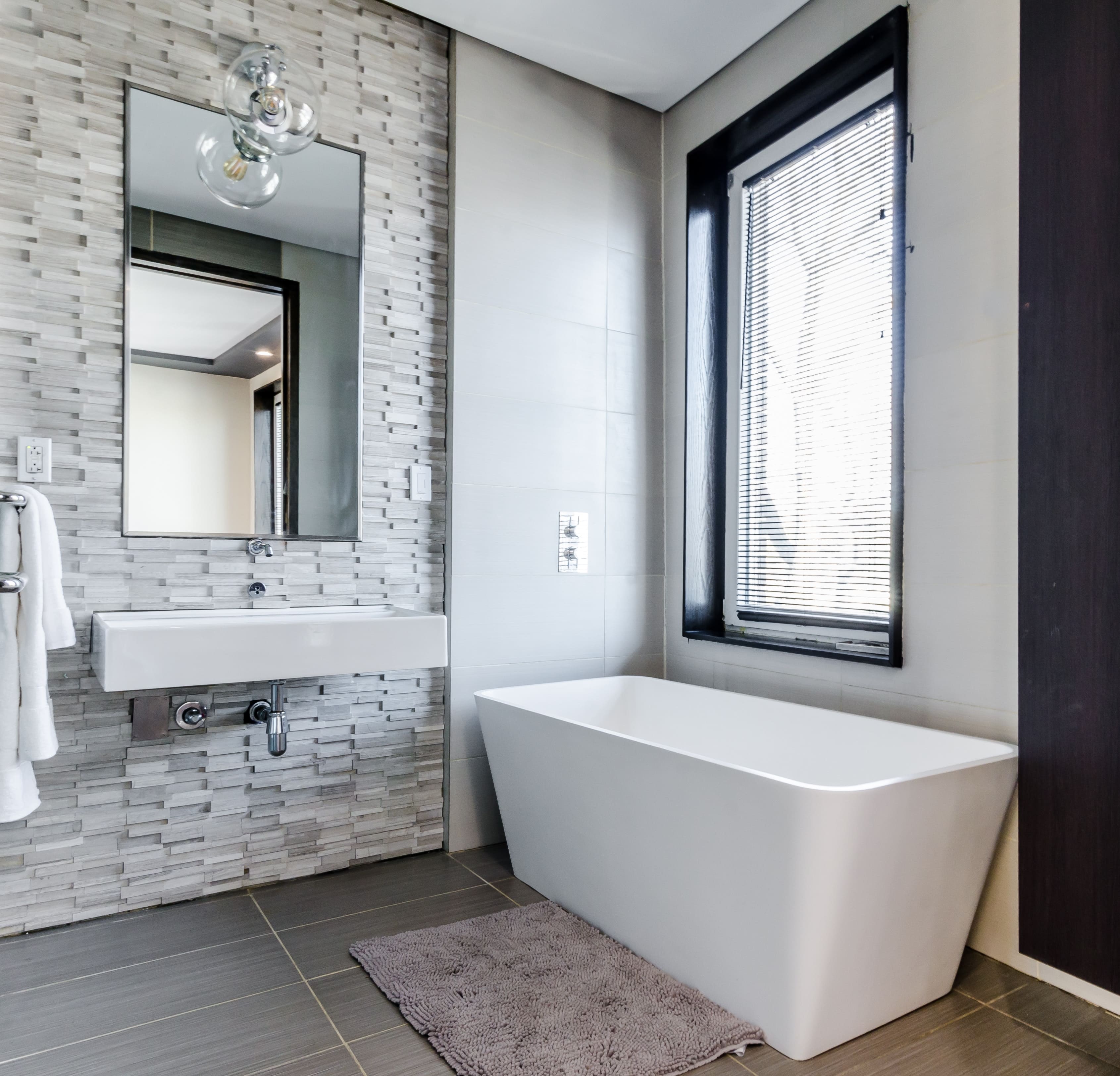
Quartz is easy to maintain
Granite, marble, limestone… they all have one thing in common, and it’s that these natural stone countertops are at least a little porous (some far more than others). They need to be sealed regularly to prevent stains and bacteria from seeping into those pores. Quartz, on the other hand, is virtually stain resistant, and won’t ever require sealing in order for it to last and last. And because that polymer resin is not porous in nature, it’s somewhat anti-bacterial: there’s nowhere for bacteria to “seep into” the stone. You should still clean and sanitize your bathroom countertops regularly (as you would with any other bathroom surface), but keeping clean and hygienic with a quartz countertop is far easier than if you were dealing with limestone or marble bathroom countertops.
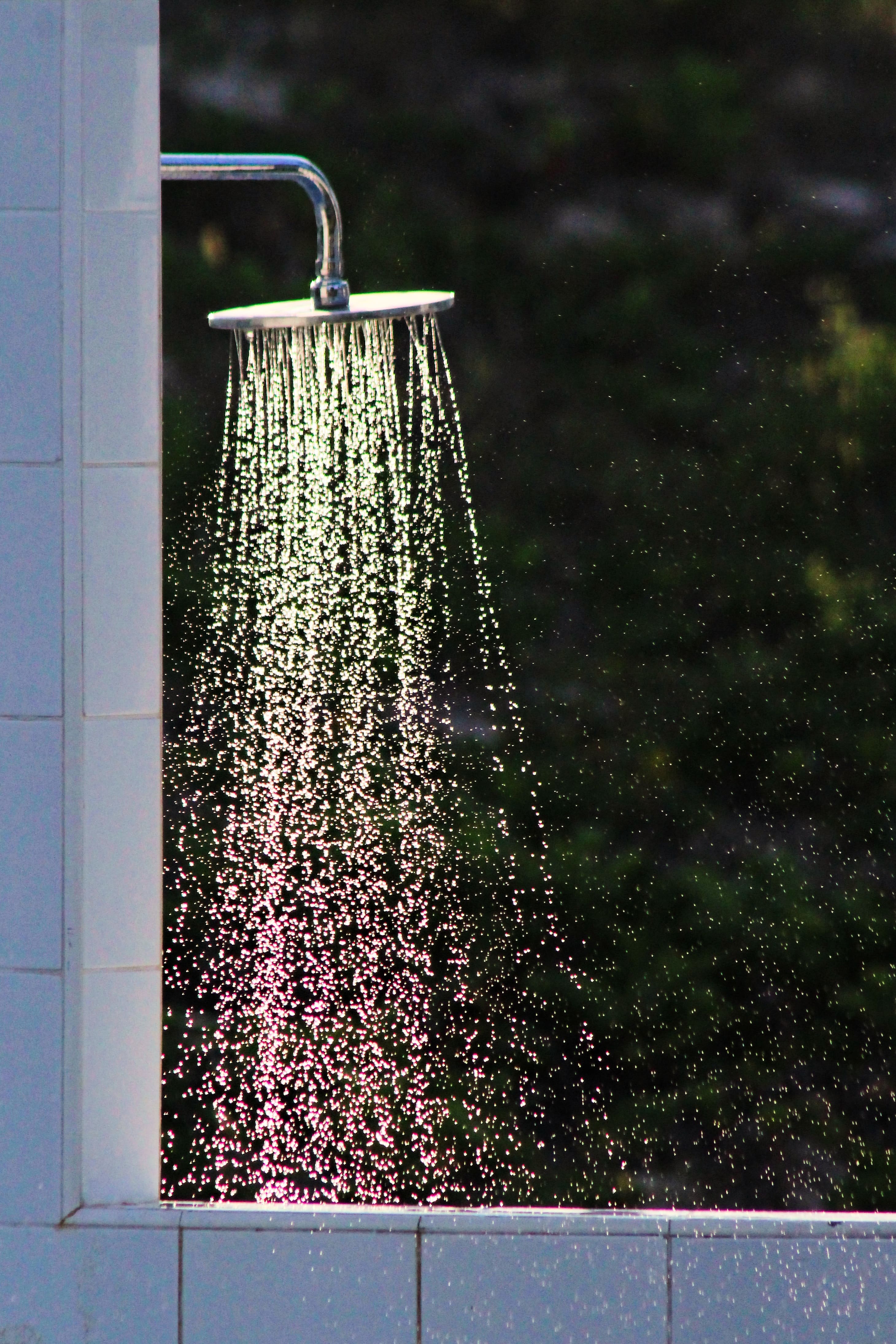
The design possibilities with quartz are endless
Most natural stone countertops come with a lot of limitations. Because of the molecular structure of the stone, you’re really only able to cut these pieces in certain ways (think right angles). But quartz is uniquely flexible. Because it’s engineered, and because of that amazing polymer resin which is bendy and pliable, quartz countertops can be shaped, contoured, sliced and diced into whatever design your space requires. You’ve got the ability to experiment with farmhouse sinks or other inlaid sinks, curved counter shapes, acute or obtuse angles, and more. So if you’ve got a wild hair to do something really different in your bathroom (or just an oddly-shaped bathroom that needs a very particular countertop), quartz is going to be your best bet.
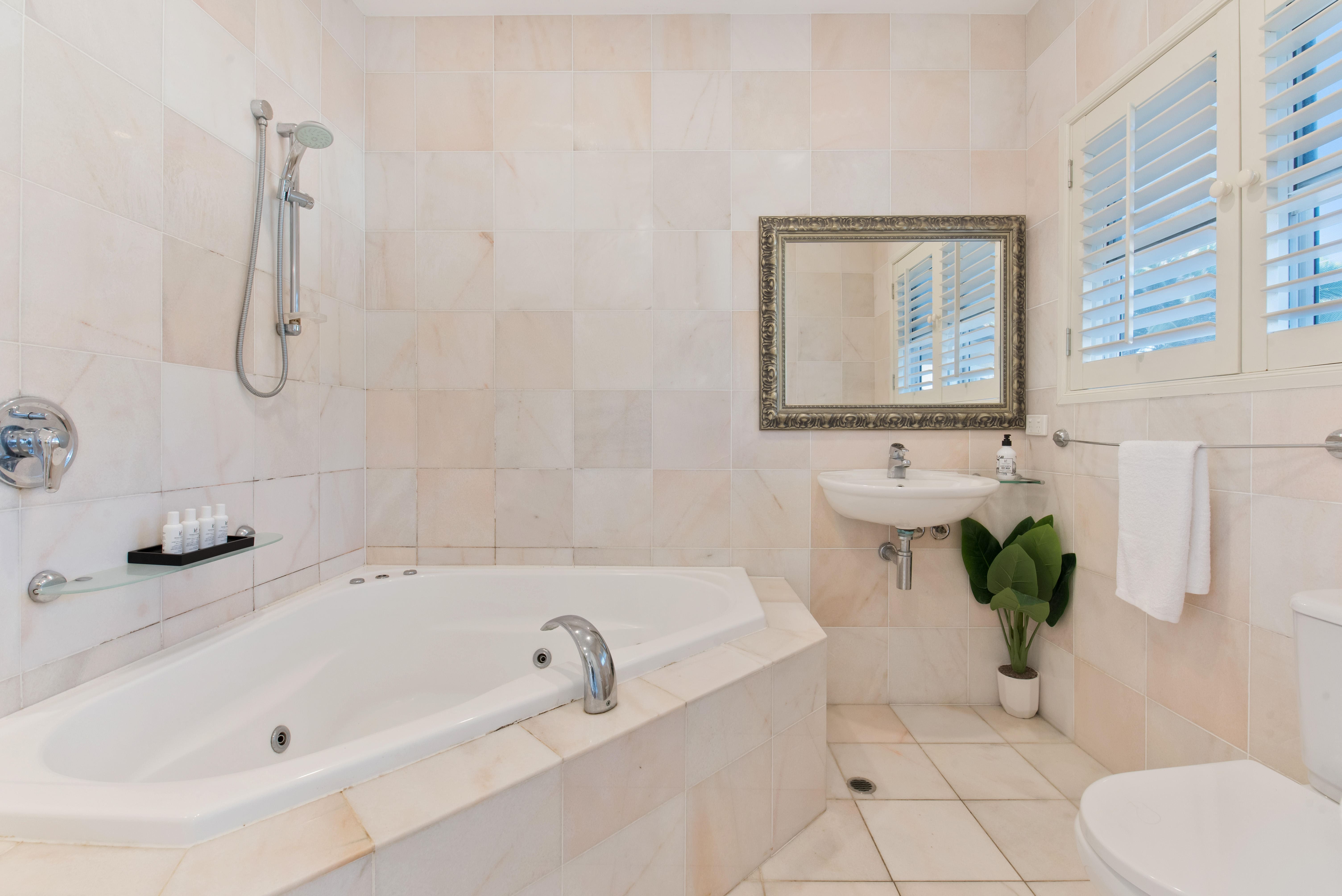
But beyond its shape and pliability, Marble.com’s quartz countertops also vary greatly in terms of the color and look of the material. It can look as much like other natural stones as you need it to (your neighbors will never know that that’s not real marble), or it can stand apart (want a matte-black bathroom countertop that’s not laminate? You got it.) It can shine and sparkle, with the individual stone particles on full display, or you can engineer a more muted, monotone look. Whatever your design needs are, quartz can deliver: another reason this is truly the smartest choice for a bathroom countertop.
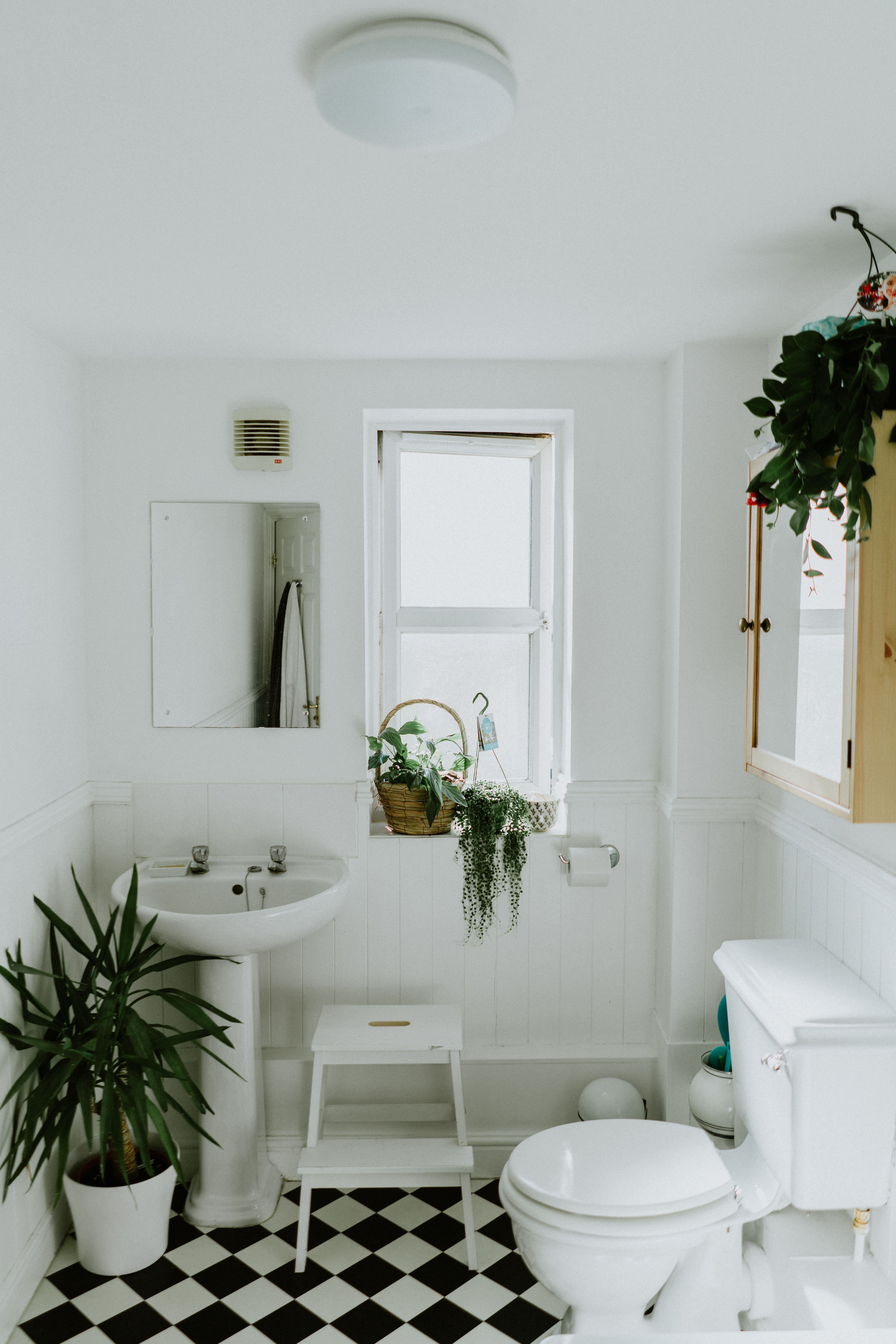
Quartz countertops are easy on your wallet
Stone countertops really give an updated bathroom that “wow”-factor, but most often they come at a price. Marble, granite, limestone… these are beautiful options that will really bring a sense of luxury, but at what cost? That’s where quartz comes in. Because it’s engineered and can be designed to fit your specific tastes, you can achieve the same look and feel that you would with a marble countertop, without the marble countertop price-point. The exact price-tag of a quartz countertop can vary greatly (so if you want to spend more, you can). But if you’re looking to make a more budget-friendly choice without shirking on luxury, you can really only do it by choosing quartz – simply no other stone countertop option offers this flexibility.
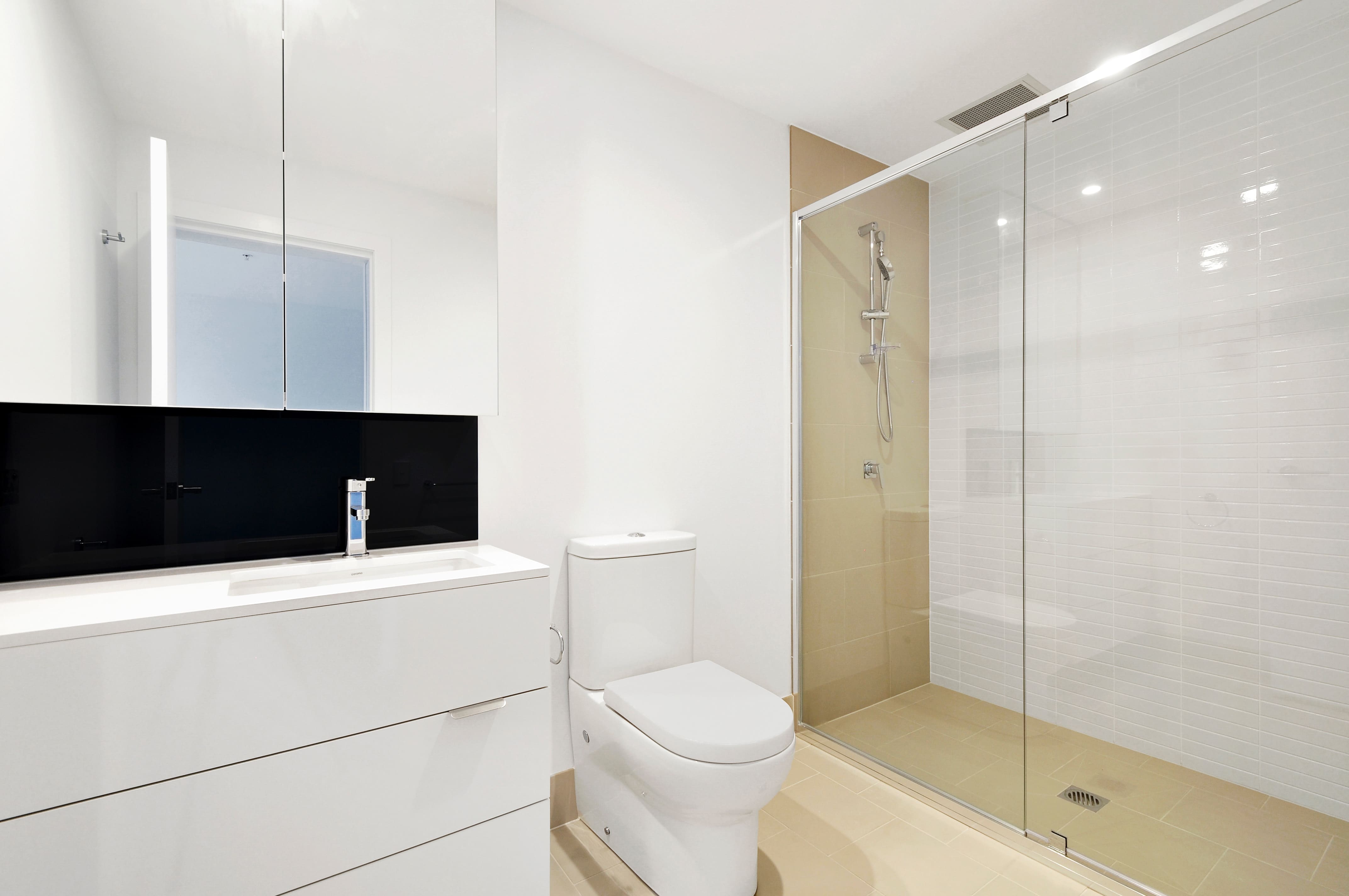
Quartz is a “greener” option
It’s hard to choose a stone countertop that really helps you “go green,” – there’s simply a lot that goes into the manufacture and delivery of a countertop that just isn’t environmentally-friendly. But quartz countertops offer a nice step in the right direction. Remember all of those little stone particles that went into your engineered quartz countertop (the marble, the granite, and the itty-bitty pieces of quartz itself)? Those little particles are most often the remnants of other cut stone pieces. In a sense, your countertop is comprised of the recycled run-off of other stone countertops. They’re not 100%-recycled in the truest sense of the word, but they’re pretty close. So if reducing and re-using and loving the environment are important to you, you might consider forgoing that marble or granite countertop and choosing a slightly “greener” option.
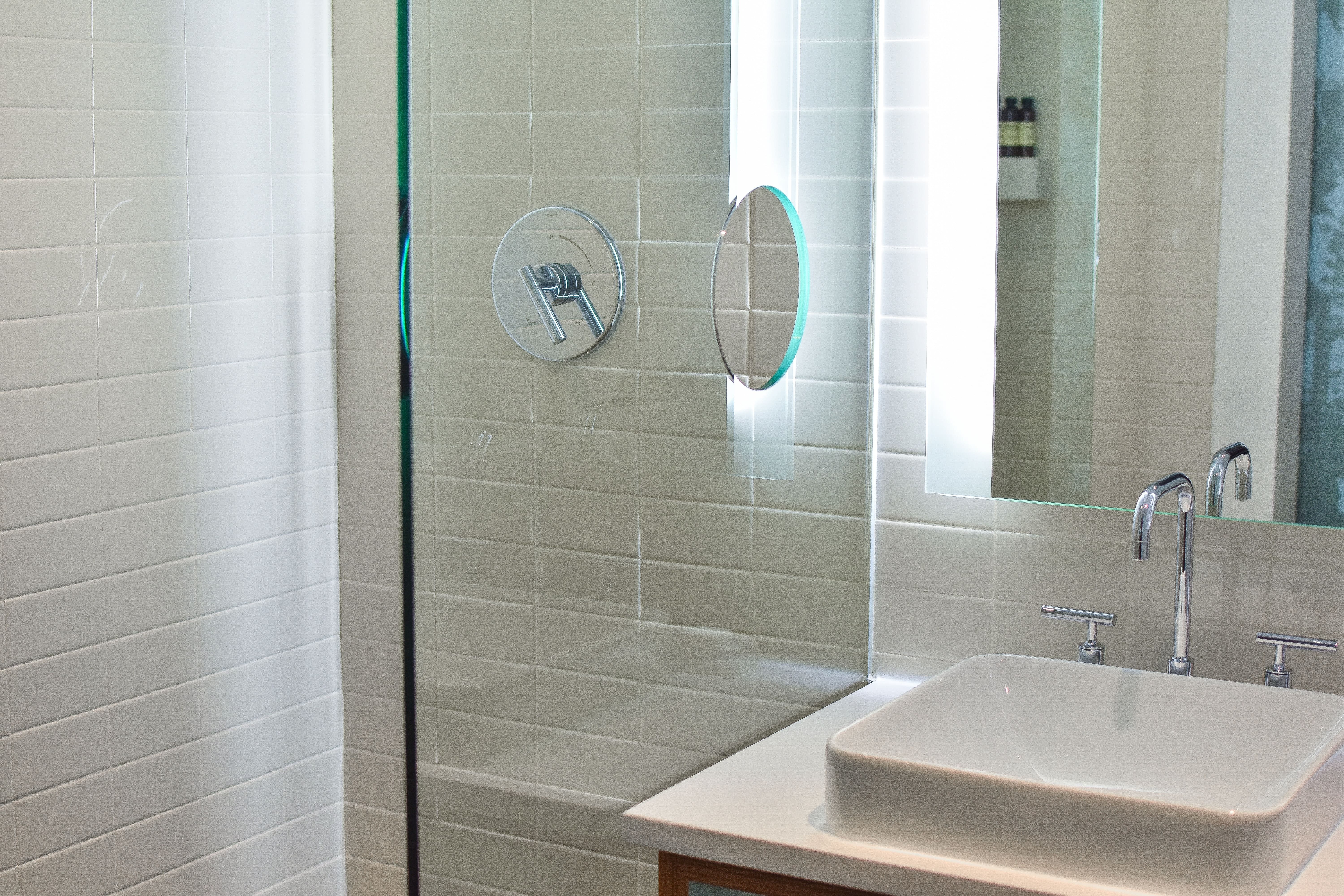
Fundamentally, choosing quartz gives you even more freedom of choice than you had before: the freedom to make fun decisions with your design, to be kind to your wallet, to worry about bathroom maintenance a little less, and even the freedom to care for the environment a little more, if that’s important to you. So while you’ve definitely got a lot of choices when it comes to your bathroom countertops, the smart choice has got to be quartz.

